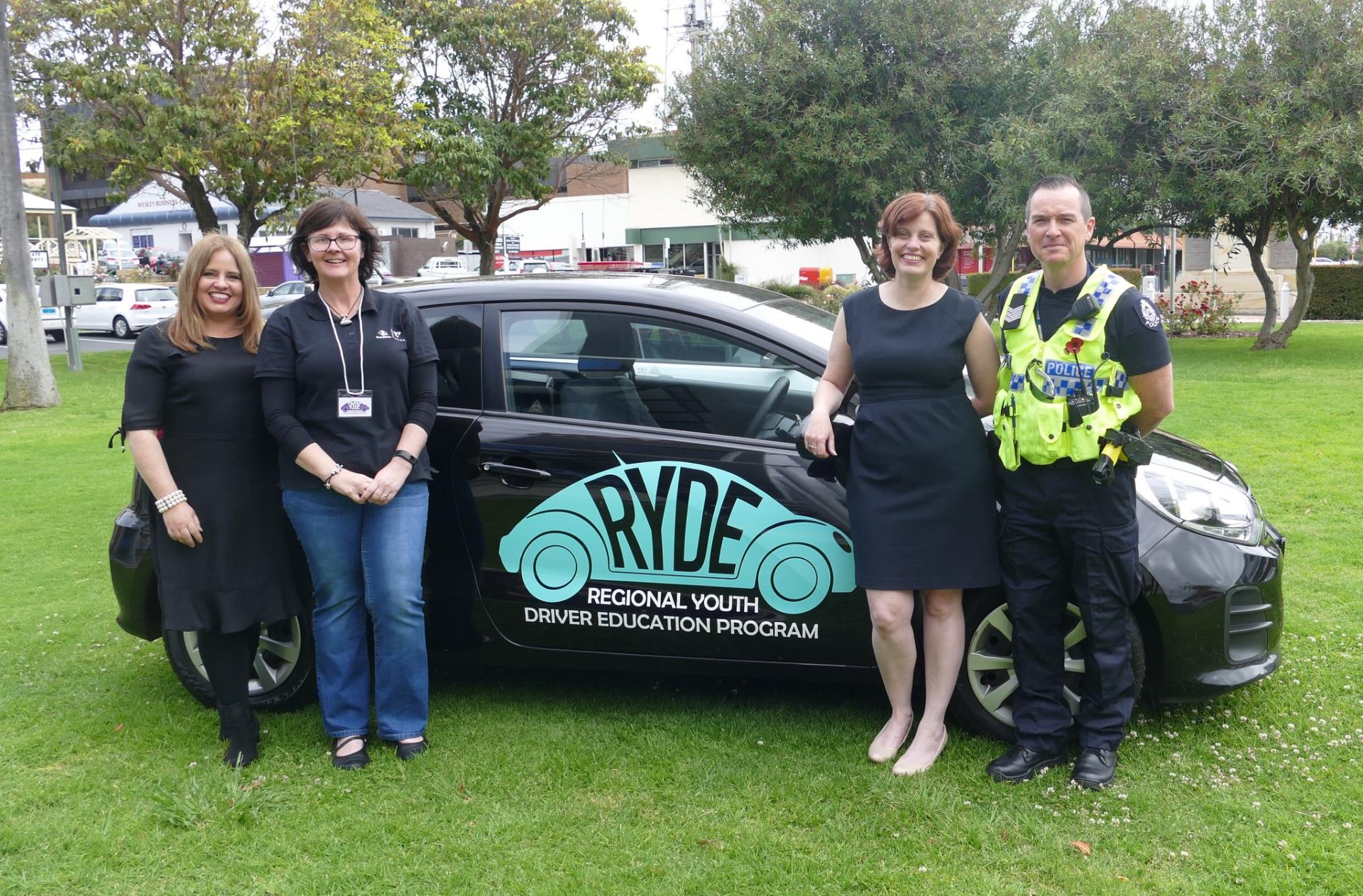Novice Drivers
Novice drivers face a very high crash risk, particularly during the first 12 months of driving on a provisional licence.
The major factor in crashes involving novice drivers is the lack of driving experience.
Driver training programs produce little, if any improvement in reducing crashes involving novice drivers whereas supervised driving experience has shown to reduce crash risk among novice drivers.
Why is Supervised Driving Experience Important?
Supervised driving experience helps learner drivers develop essential traffic skills. These skills include being able to observe and make sense of the road and traffic environment, anticipate emerging hazards and recognise danger, and make accurate assessments and decisions quickly to avoid hazards. There is no shortcut to experience.
Supervised Driving Experience Reduces Crashes
Increasing the amount of supervised on-road driving experience of novice drivers is vital to reducing their risk of being involved in a crash.
Greater levels of supervised experience during the learner period have shown to result in reduced post licence crash involvement by more than a third.1
Swedish research also shows that learners who received about 118 hours of supervised experience had up to 35 per cent fewer crashes than those who received only 41-47 hours.1

Pictured above: The RYDE program provides young people the opportunity to complete their 50 hours of supervised driving experience with volunteer mentors.
Tips for Novice Drivers
- Make sure your first car is the safest possible. Vehicle safety features can help avoid crashes and protect vehicle occupants in the event of a crash. Both new and used cars can be checked for safety performance by visiting the Australasian New Car Assessment Program (ANCAP) and the Used Car Safety Ratings (UCSR) websites.
- Aim for as much supervised driving experience as you can before you get your full licence.
- While under supervision drive in a range of different conditions including varying weather, time of the day and night, traffic volumes, road types and speeds.
- Limit the number of peer passengers you carry in your car.
- Limit night driving as much as possible.
- Switch off your mobile phone before driving to avoid being distracted.
- Do not drink alcohol before driving.
Note: In WA, there are additional conditions for provisional licence holders which include night time driving restrictions, zero blood alcohol concentration and reduced demerit point limits. For more information visit the Department of Transport's website.
Find Out More
To find out more about learner driver requirements and risks, visit:
1RACV, The effectiveness of driver training/education as a road safety measure, 2011.